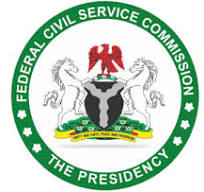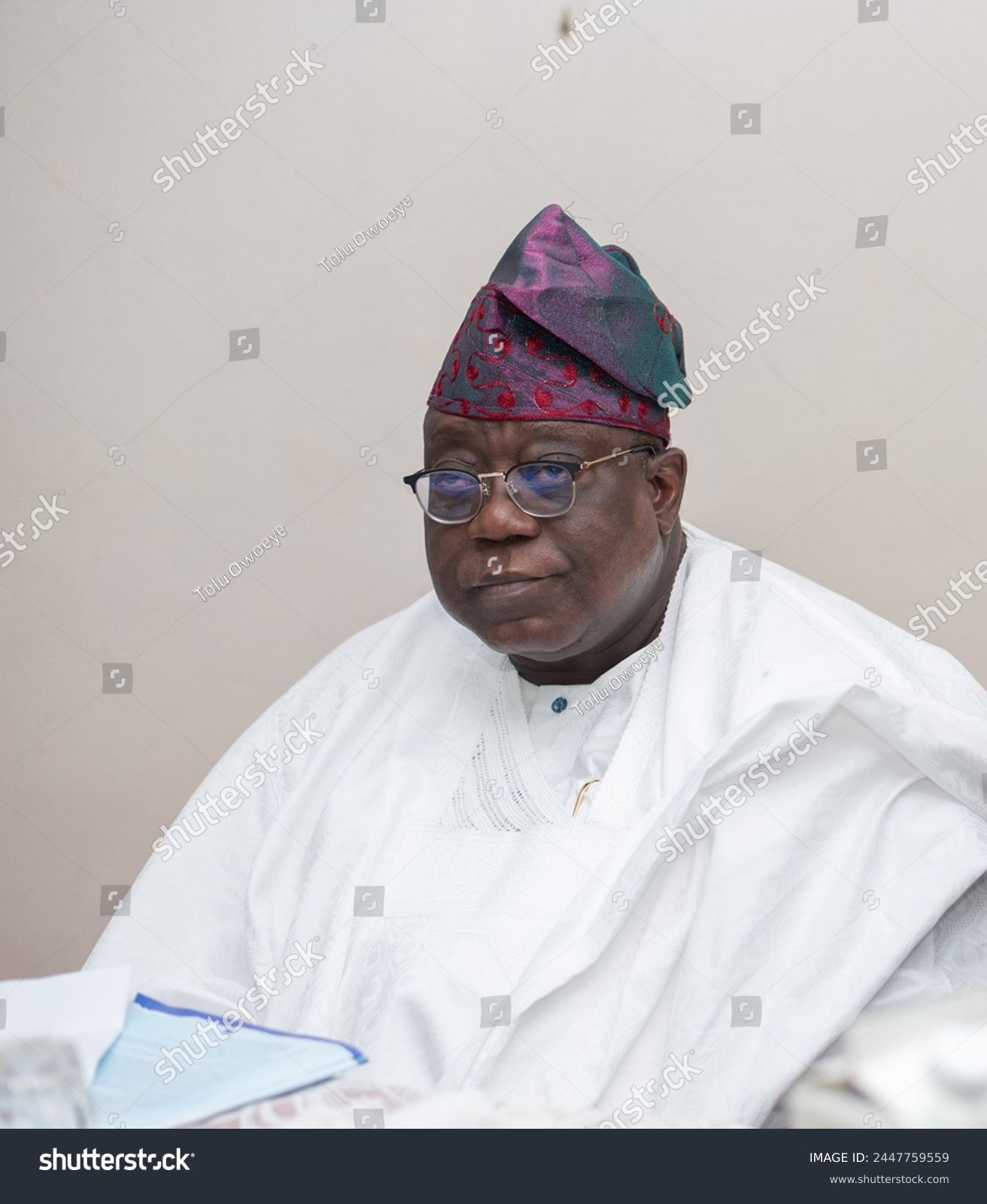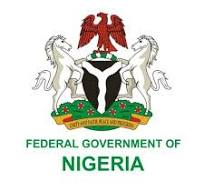REA Reconfirms Commitment to Energize Underserved Communities Across Nigeria
How Civil Service Partners FG On $1Tr Economy In 2030 – Olaopa

The Chairman of the Federal Civil Service Commission (FCSC), Prof. Tunji Olaopa, has given insight into the strategic role of the civil service in the Federal Government’s attainment of its ambitious $1 trillion economy in 2030.

Olaopa spoke on Monday during an in-house strategy retreat of the FCSC in Abuja.
He noted that his commission had reprofiled the execution of its mandates to align with President Bola Tinubu’s Renewed Hope Agenda and the need to contribute to the realisation of the $1 trillion economy.
He said that the retreat
was to set in motion a series of strategic processes that would transform the FCSC into the critical human resource management (HRM) expert advisory hub that the Federal Government of Nigeria could draw on.
To him, this requires that the FCSC is “compelled to take on the task of re-professionalizing the civil service system through the reinvention, deepening and strengthening of the competency-based HRM practices in the federal civil service. The strategic process will then have to focus on several crucial institutional elements that the system needs to reorient and reform the reforms of the past decades at the critical base fundamental level of rethinking first principles and getting the basics of the operations and mechanics of the public administration system right.”

He noted the need to consolidate the execution of the commission’s mandates in a manner that aligns with the Federal Civil Service and Implementation Plan (FCSSIP) being implemented by the Office of the Head of the Civil Service of the Federation. OHCSF. He said that this alignment was essential for complementarity, expanded scope of reform impact, and shared vision and passion.
Olaopa stressed the urgent need to rethink the founding constitutional mandate of the commission, especially its role as the gatekeeper and promoter of the merit system.
He said that the strategic retreat should consider how the mandate of the FCSC could “keep being executed while maneuvering the structural landmines of the federal character policy.”
According to him, the gatekeeping of the merit system also demands that the FCSC will put in place a rigorous and competitive entry-level recruitment and staffing assessment that drastically cuts through the framework of nepotism and patronage as the mechanism for political compensation at the expense of civil service workforce efficiency
He noted that gatekeeping merit correlatively demands that a solution must also be found to address the challenge of motivating and retaining talented people recruited through rigorous merit-rooted entry-level assessments in the face of poor and non-competitive wage and compensation structure as a signal that the government is ready to become the employer of choice for its human capital.
Attention , he said, must be focused on articulating a correlate framework for securing and injecting integrity tests into the entry-level assessments that insulate the system from recruiting into the workforce criminally-minded persons as well as those who lack the requisite public-spiritedness the system sorely needs.
According to him, the strategic repositioning of the FCSC must ensure that the bar of talent management and career progression is constantly raised through the conduct of promotion exercises that serve to test the ability of the officers, as well as the skills and competences required to effectively run the business of government at different levels of seniority.
He also urged a replacement of the existing annual performance evaluation report (APER) with a framework of performance management assessment reinforced by training-based assessment report.
Olaopa added that the abuse of the powers of the commission that were necessarily delegated to MDAs as concession to the prescription of the new public management (NPM) movement since the 1980s should be addressed for the commission’s effective contribution to government.
Also at the retreat were the Team Lead of PACE ( a programme of the British FCDO) and Country Director of DAI, an international development firm, Dr Joe Abah. They gave goodwill messages that stressed the importance of the FCSC to the public service of the country and the need to manage the perceptions about the commission.
Mr Chike Ogbechie, the Special Assistant (Technical ) to the Chairman of the FCSC highlighted the various reforms that had taken place in the commission since its inception. But he noted that the retreat was the first of its kind to develop a definitive strategy for the development of the commission. While Dr Otive Igbuzor stressed the importance of strategy to the performance of the FCSC and the independence of the enforcement of meritocracy for the success of the FCSC, Dr Bert Odiaka spoke on the mission , vision and core values of the FCSC. He compared the mission statement of the FCSC to those of service commissions like those in the United States, Britain, Singapore, South Africa and Malawi.





